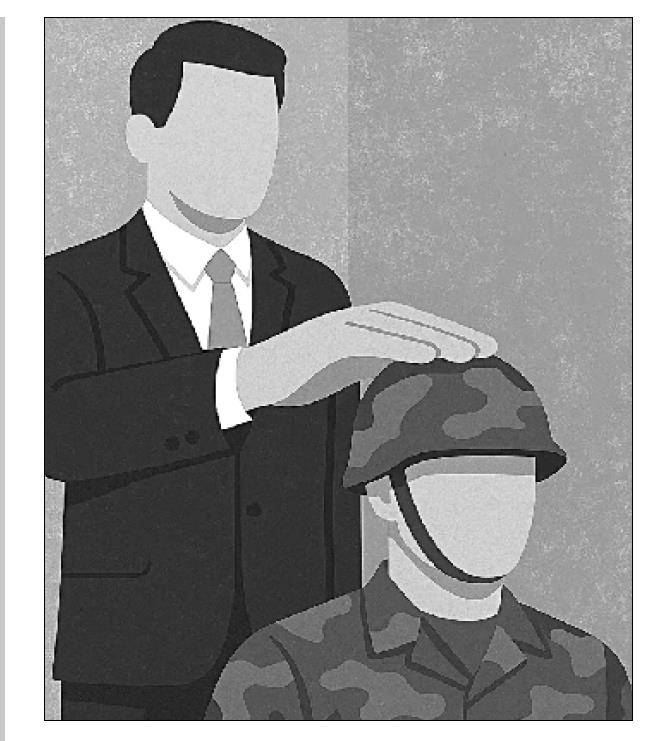Civilian supremacy is a political duty
2025-07-31
ONE federal minister recently made a striking admission: while the hybrid system is not an ideal form of democratic governance, it is still `doing wonders` for the country. This candid statement acknowledges what many have long understood, but few in power have openly admitted; Pakistan`s governance has for years been guided by a carefully managed partnership between civilian leadership and the military establishment.
However, this acknowledgment also raises a critical question: if the hybrid system is working so well, as has often been claimed, why should we have a parliament at all? Why not formalise what has been informally practised and adopt a technocrat model which will be more efficient, less noisy, and closer to the hybrid arrangement in spirit and execution? This line of thinking may sound provocative, but it reflects a growing public disillusionment with the traditional democratic processes in Pakistan, marred as they are by corruption, incompetence and political infighting.
The question, however, is not whether hybrid governance is working in the short term, but whether it is sustainable and desirable in the long term. Pakistan`s history is riddled with civilian governments that have failed to deliver on basic governance.
From economic mismanagement to institutional decay, the list of shortcomings is long and familiar. Each failure has provided a convenient justification for the military to step in sometimes overtly, often covertly.
The hybrid model has emerged as a compromise: civilians serve as the face of democracy, while unelected power centres retain control over national security, foreign policy and, increasingly,economic direction. This arrangement offers the illusion of civilian supremacy while keeping the real levers of power elsewhere. For a public wary of democratic chaos, this model may appear stable. But, make no mistake, it is a democratic illusion, not democratic evolution.
Neither the Constitution nor its founding fathers envisaged a hybrid system. It clearly outlines a parliamentary form of democracy, based on civilian supremacy and checks andbalances.
However, constitutional ideals require capable custodians, and successive civilian leaders have struggled to uphold those ideals.Instead,politicalpartieshave often become dependent on the same forces they claim to resist. Very few political leaders have shown the courage or the capacity to lead without crutches.
When the country`s political leadership repeatedly falters, the temptation to turn to technocrats grows stronger. However, while technocrats may offer short-term efficiency, they lack public legitimacy and political account ability.
In the presence of weak political institutions that are simply unable to function independently or assertively, there is public disillusionment with politics and politicians. The failure of democracy has become the justification for its dilution. If the hybrid system is allowed to cement itself as a permanent feature, Pakistan risks drifting further from the democratic ideals that inspired its very creation.
If our politicians want to reclaim their constitutional space, they must demonstrate competence, unity and courage. They must show that they have the capacity to govern without backchannel support, that they can disagree without paralysing the system, and that they can prioritise nationalinterest overpersonalgain.
Mukhtar Ahmed Butt Karachi




